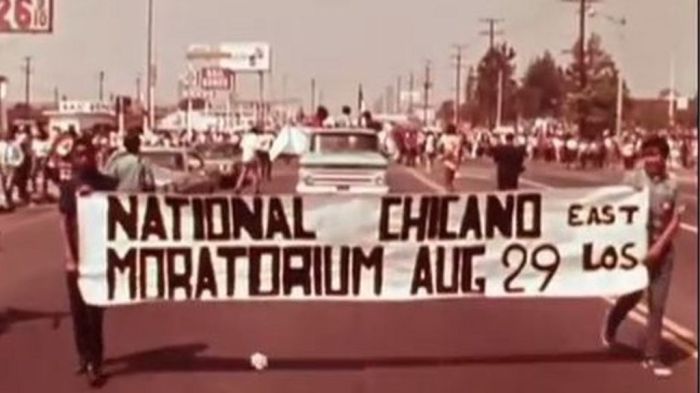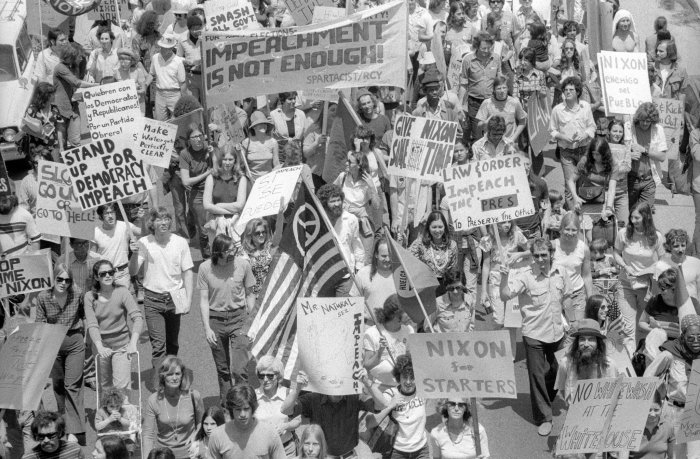Chicano fighting for political power – The Chicano movement for political power has been a significant force in American history, shaping the political landscape and empowering marginalized communities. This in-depth analysis delves into the historical roots, key organizations, electoral successes, challenges, and contemporary state of Chicano political activism, providing a comprehensive understanding of its impact and ongoing relevance.
The historical context of the Chicano movement, its key events and figures, and the major Chicano political organizations are explored, shedding light on their goals, strategies, and impact on the Chicano community. The analysis also examines the key electoral victories achieved by Chicano candidates, the factors contributing to these successes, and the challenges and obstacles faced by Chicanos in their fight for political power.
Historical Context of Chicano Political Activism: Chicano Fighting For Political Power

The Chicano movement emerged as a response to centuries of oppression and discrimination faced by Mexican Americans in the United States. The movement’s roots can be traced back to the Mexican Revolution and the subsequent influx of Mexican immigrants to the United States.
The civil rights movement of the 1960s also played a significant role in galvanizing Chicano activists.
Key events that shaped the Chicano movement include the Delano grape strike of 1965, the Chicano Moratorium against the Vietnam War in 1970, and the Tierra Amarilla courthouse raid of 1967. Important figures in the movement include Cesar Chavez, Dolores Huerta, and Reies Tijerina.
Chicano Political Organizations
Numerous Chicano political organizations have been established to advance the interests of the Chicano community. These organizations include:
- League of United Latin American Citizens (LULAC)
- Mexican American Political Association (MAPA)
- Chicano Student Movement of Aztlan (MEChA)
- National Council of La Raza (NCLR)
- United Farm Workers of America (UFW)
These organizations have played a vital role in mobilizing the Chicano community, advocating for their rights, and promoting political participation.
Chicano Electoral Successes
Chicanos have made significant electoral gains in recent decades. Key victories include:
- Henry B. Gonzalez (D-TX) becoming the first Mexican American elected to Congress in 1961
- Barbara Jordan (D-TX) becoming the first African American woman elected to Congress in 1972
- Ruben Hinojosa (D-TX) becoming the first Mexican American elected to the U.S. Senate in 2002
- Xavier Becerra (D-CA) becoming the first Latino to serve as Attorney General of California in 2017
These electoral successes have increased the political power of the Chicano community and have helped to bring about important changes in policy.
Challenges and Obstacles, Chicano fighting for political power
Chicanos continue to face challenges and obstacles in their fight for political power. These include:
- Discrimination and racism
- Voter suppression
- Lack of resources
- Language barriers
- Low levels of education
These challenges make it difficult for Chicanos to fully participate in the political process and to achieve their full potential.
FAQ Section
What were the key factors contributing to Chicano electoral successes?
Chicano electoral successes were influenced by factors such as increased voter registration, community mobilization, and the rise of charismatic leaders who resonated with Chicano voters.
What are the ongoing challenges faced by the Chicano political movement?
The Chicano political movement continues to face challenges such as voter suppression, underrepresentation in elected offices, and the ongoing effects of historical discrimination.

